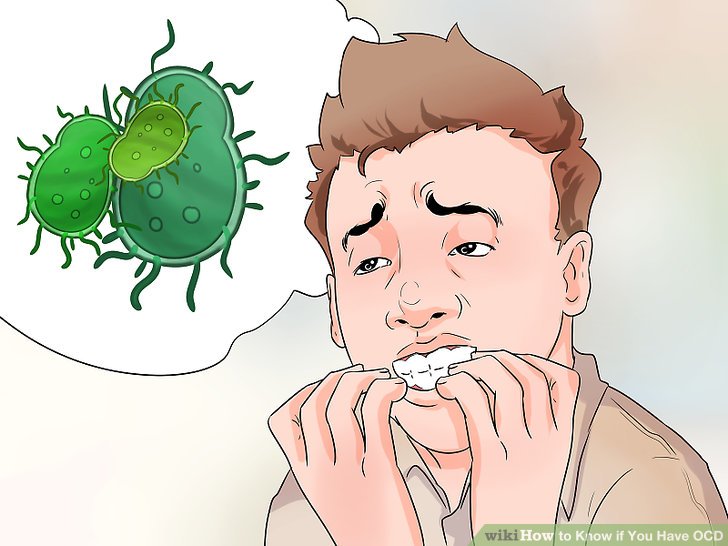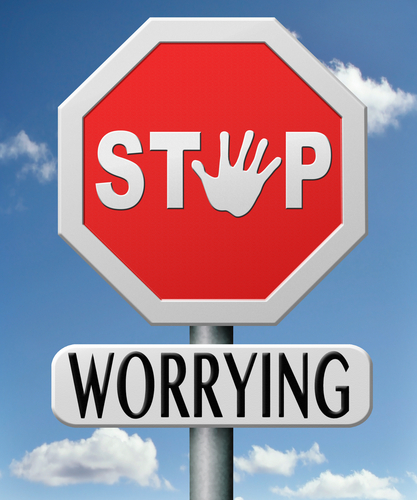What Is Obsessive-Compulsive Disorder?
Over the top impulsive issue (OCD) is a nervousness issue in which time individuals have repeating, undesirable contemplations, thoughts or sensations (fixations) that influence them to feel headed to accomplish something monotonously (impulses). The dreary practices, for example, hand washing, keeping an eye on things or cleaning, can altogether meddle with a man’s everyday exercises and social collaborations.

Numerous individuals have centered considerations or rehashed practices. Be that as it may, these don’t disturb day by day life and may include structure or make undertakings simpler. For individuals with OCD, musings are relentless and undesirable schedules and practices are unbending and not doing them causes awesome pain. Numerous individuals with OCD know or suspect their fixations are not valid; others may figure they could be valid (known as poor knowledge). Regardless of whether they know their fixations are not valid, individuals with OCD experience considerable difficulties in maintaining their concentration off the fixations or ceasing the enthusiastic activities.

A determination of OCD requires the nearness of fixation as well as impulses that are tedious (over one hour daily), cause significant trouble, and impede work, social or other critical capacities. Around 1.2 percent of Americans have OCD and among grown-ups somewhat a larger number of ladies than man are influenced. OCD regularly starts in youth, pre-adulthood or early adulthood; the normal age side effects show up is 19 years of age.
Obsessions
Fixations are repetitive and diligent musings, driving forces, or pictures that reason upsetting feelings, for example, nervousness or nauseate. Numerous individuals with OCD perceive that the musings, motivations, or pictures are a result of their psyche and are over the top or irrational. However, these meddlesome contemplations can’t be settled by rationale or thinking. The vast majority with OCD attempt to overlook or smother such fixations or balance them with some other idea or activity. Common fixations incorporate over the top worries about pollution or damage, the requirement for symmetry or precision, or illegal sexual or religious contemplations.
Impulses
Impulses are redundant practices or mental acts that a man feels headed to perform in light of a fixation. The practices are gone for anticipating or diminishing misery or a dreaded circumstance. In the most serious cases, a consistent redundancy of ceremonies may fill the day, making a typical routine incomprehensible. Aggravating the anguish these customs cause is the information that the impulses are unreasonable. Despite the fact that the impulse may convey some help to the stress, the fixation returns and the cycle rehashes again and again.
A few cases of impulses:

Cleaning to diminish the dread that germs, earth, or synthetic concoctions will “pollute” them some spend numerous hours washing or cleaning their environment. A few people spend numerous hours washing or cleaning their environment.
Repeating to disperse uneasiness. A few people articulate a name or expression or rehash a conduct a few times. They know these redundancies won’t really prepare for damage, however, fear mischief will happen if the reiterations aren’t finished.
Checking to lessen the dread of hurting oneself or others by, for instance, neglecting to bolt the entryway or kill the gas stove, a few people create checking customs. A few people over and again follow driving courses to make sure they haven’t hit anybody.
Ordering and masterminding to diminish uneasiness. A few people get a kick out of the chance to put objects, for example, books in a specific request, or organize family things “just so,” or in a symmetric form.
Mental impulses to reaction to meddling fanatical considerations, a few people quietly ask or say expressions to lessen tension or keep a feared future occasion.
Related Conditions
Different conditions sharing a few highlights of OCD happen all the more as often as possible in relatives of OCD patients. These incorporate, for instance, body dysmorphic scatter (distraction with envisioned offensiveness), hypochondriasis (distraction with physical ailment), trichotillomania (hair pulling), some dietary problems, for example, voraciously consuming food issue, and neurologically based clutters, for example, Tourette’s disorder.
o Body Dysmorphic Disorder
o Hoarding Disorder
o Hair-Pulling Disorder (Trichotillomania)
o Skin-Picking Disorder (Excoriation)
